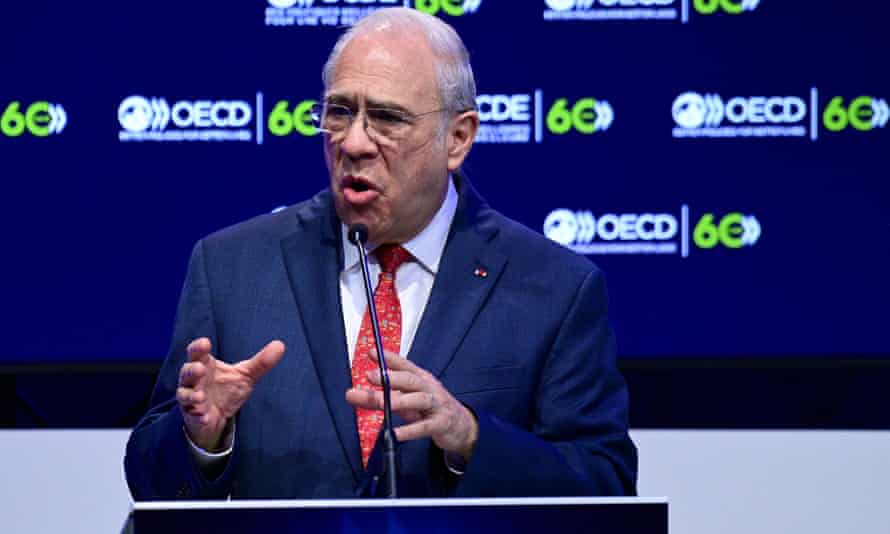Since the New York Post published an article in October based on emails purportedly from a laptop owned by President Biden’s son Hunter, President Donald Trump’s former personal attorney Rudolph W. Giuliani has maintained three things:
3) The FBI had the laptop for months before he gave it to Delaware investigators.
“They weren’t taking the three hard drives, which of course are electronic devices,” Giuliani said, referring to the seizure of his electronic devices during the raid. “ … I said, ‘Well, don’t you want these?’ And they said, ‘What are they?’ I said, ‘Those are Hunter Biden’s hard drives.’ And they said, ‘No, no, no, no.’ … They also were completely content to rely on my word that these were Hunter Biden’s hard drives.”
It is unclear whether these hard drives are from the same laptop that Giuliani previously acknowledged was already in the FBI’s possession in October, or if these are new hard drives purportedly belonging to Biden. The Washington Post has been unable to verify the authenticity of the emails published last year by the New York Post.
For months, Giuliani said that he had given the purported Biden materials to Delaware state investigators; the materials were also reportedly shared with the FBI. Giuliani repeatedly acknowledged the FBI’s possession of the materials during interviews in the lead-up to the 2020 presidential election, examples of which you can watch in the video above.
On Thursday, The Washington Post reported that the FBI warned Giuliani in late 2019 that he was the target of a Russian influence operation aimed at damaging then-presidential candidate Joe Biden. Giuliani had previously met with a Ukrainian lawmaker, whom the Treasury Department later imposed sanctions on and described as an “active Russian agent for over a decade.” And in October, Time magazine reported that emails and photos purportedly belonging to Hunter Biden had been circulating in Ukraine for months “at the same time that Rudy Giuliani was searching for dirt there” on Joe Biden.
The current federal investigation of Giuliani centers on his interactions with Ukrainian figures. Whether Hunter Biden’s purported hard drive or hard drives are part of that investigation is unclear.
“There could be a laptop out there that was stolen from me,” Biden said. “It could be that I was hacked. It could be that it was the — that it was Russian intelligence.”





